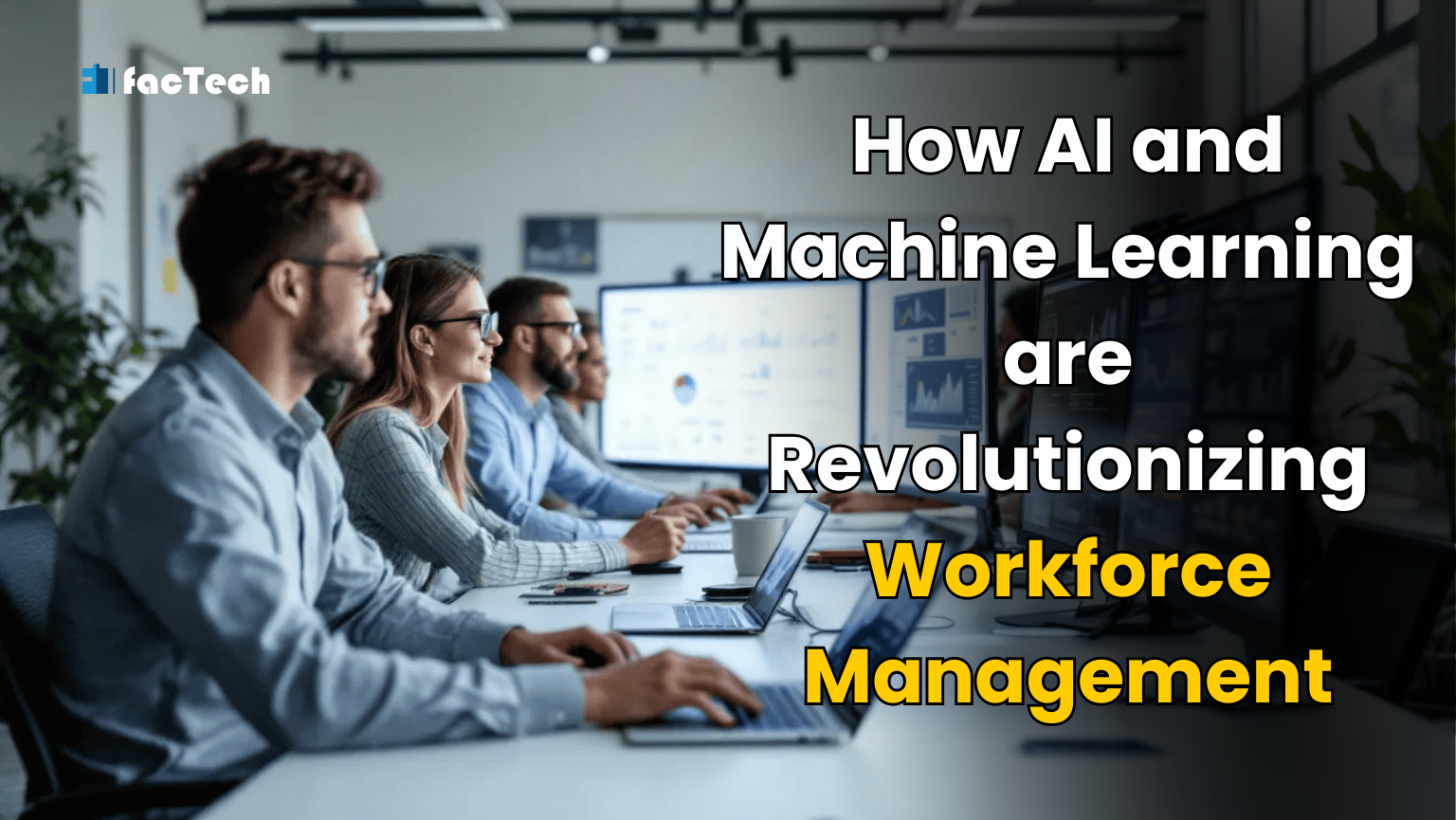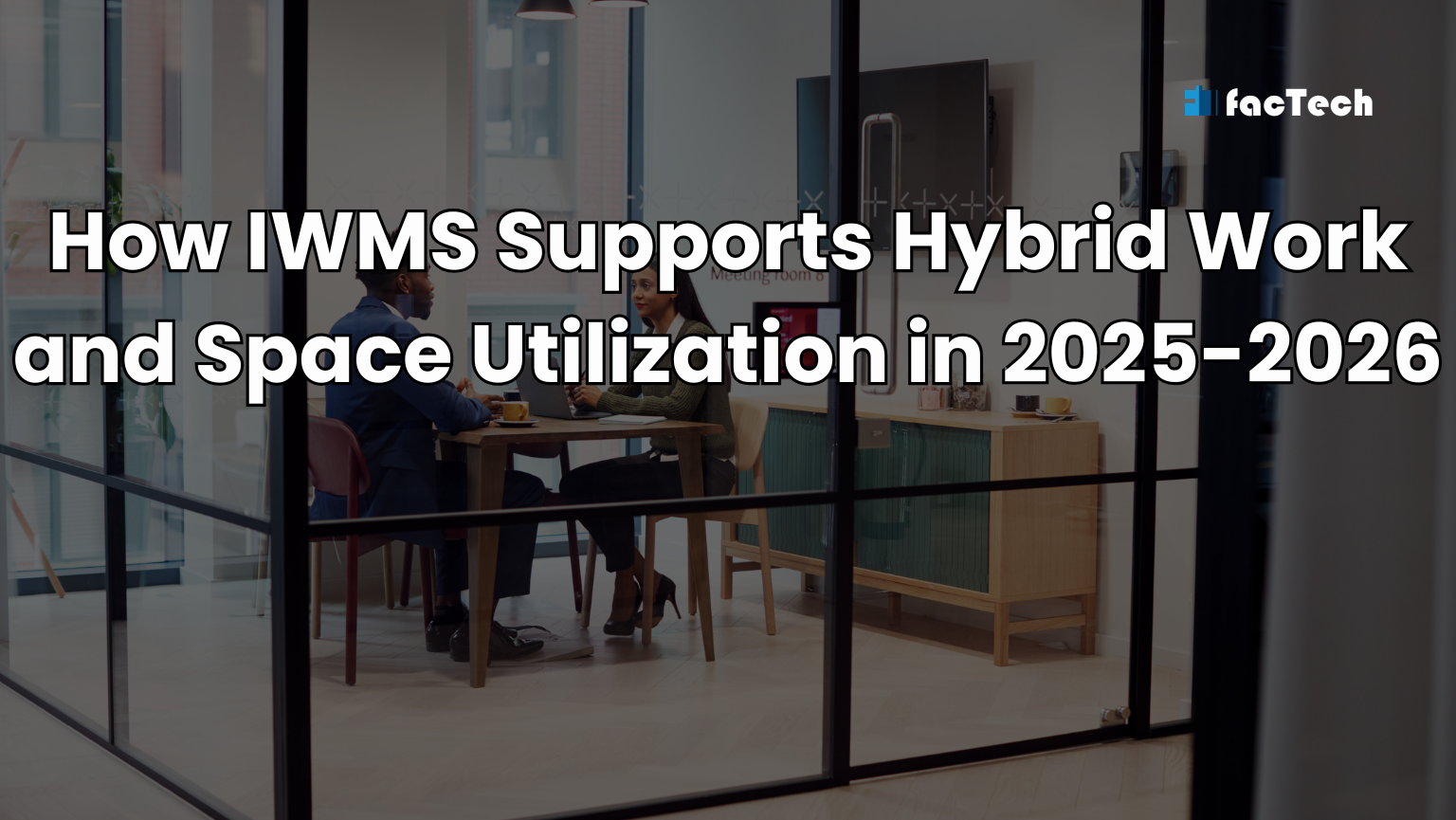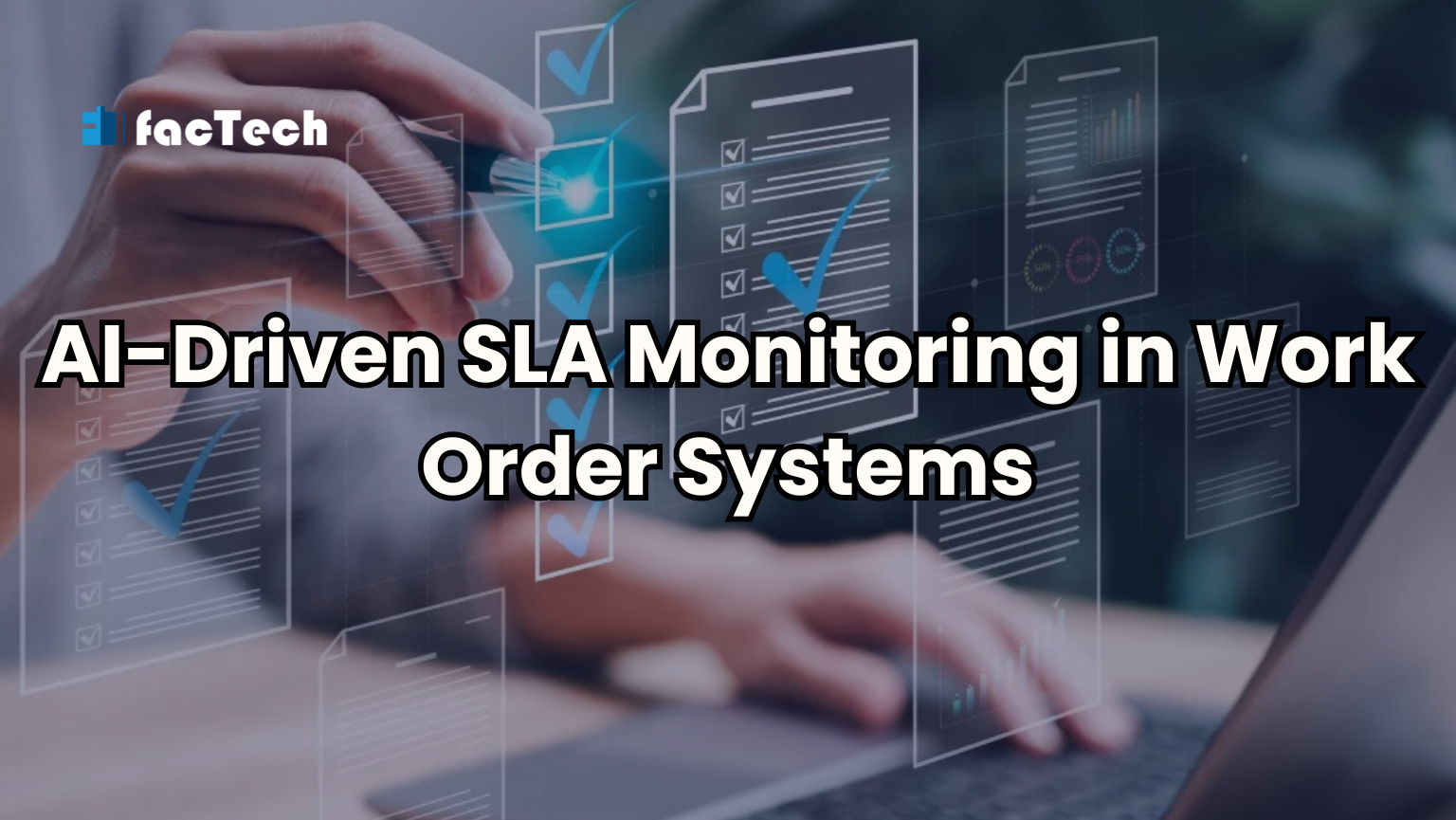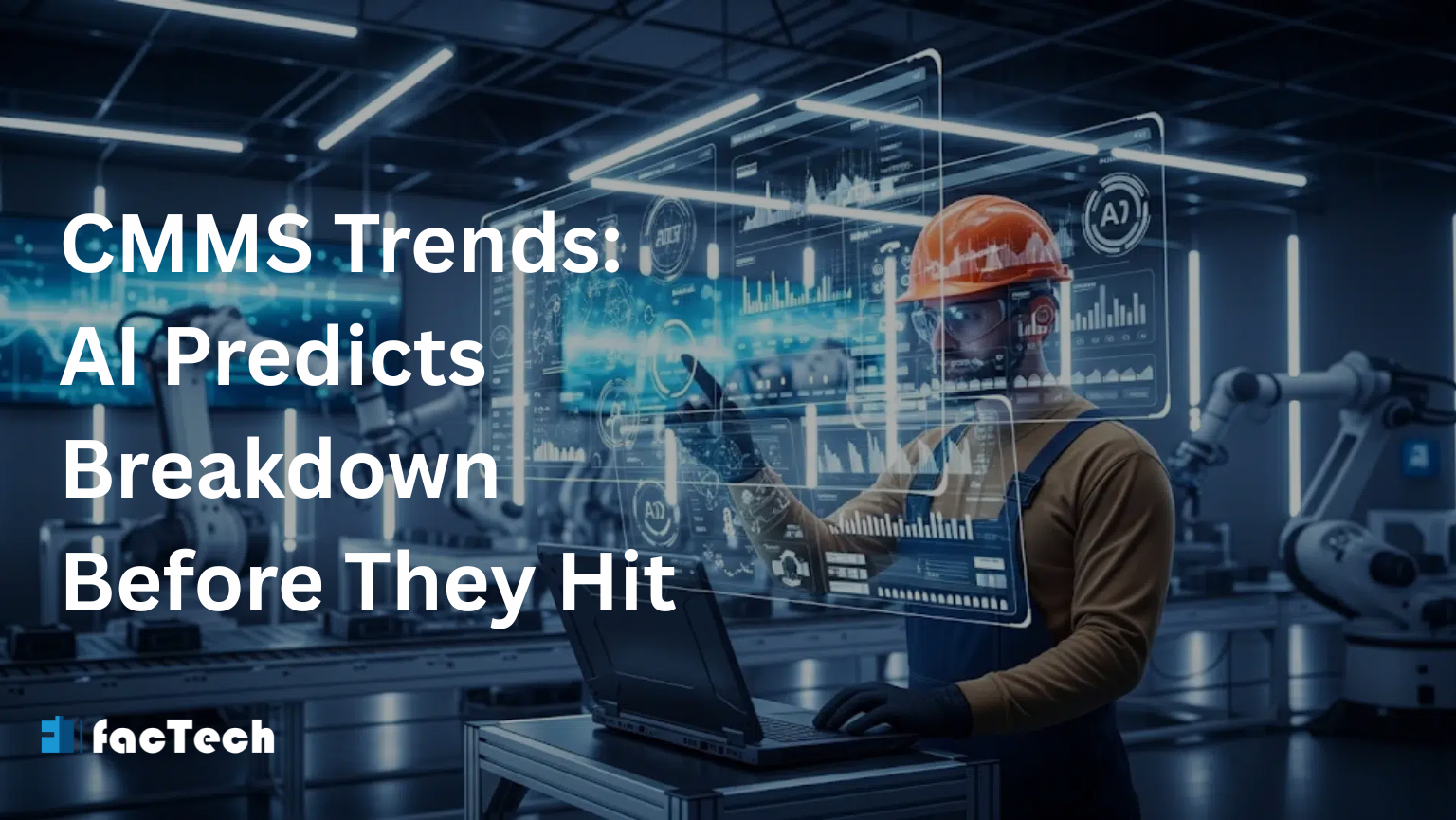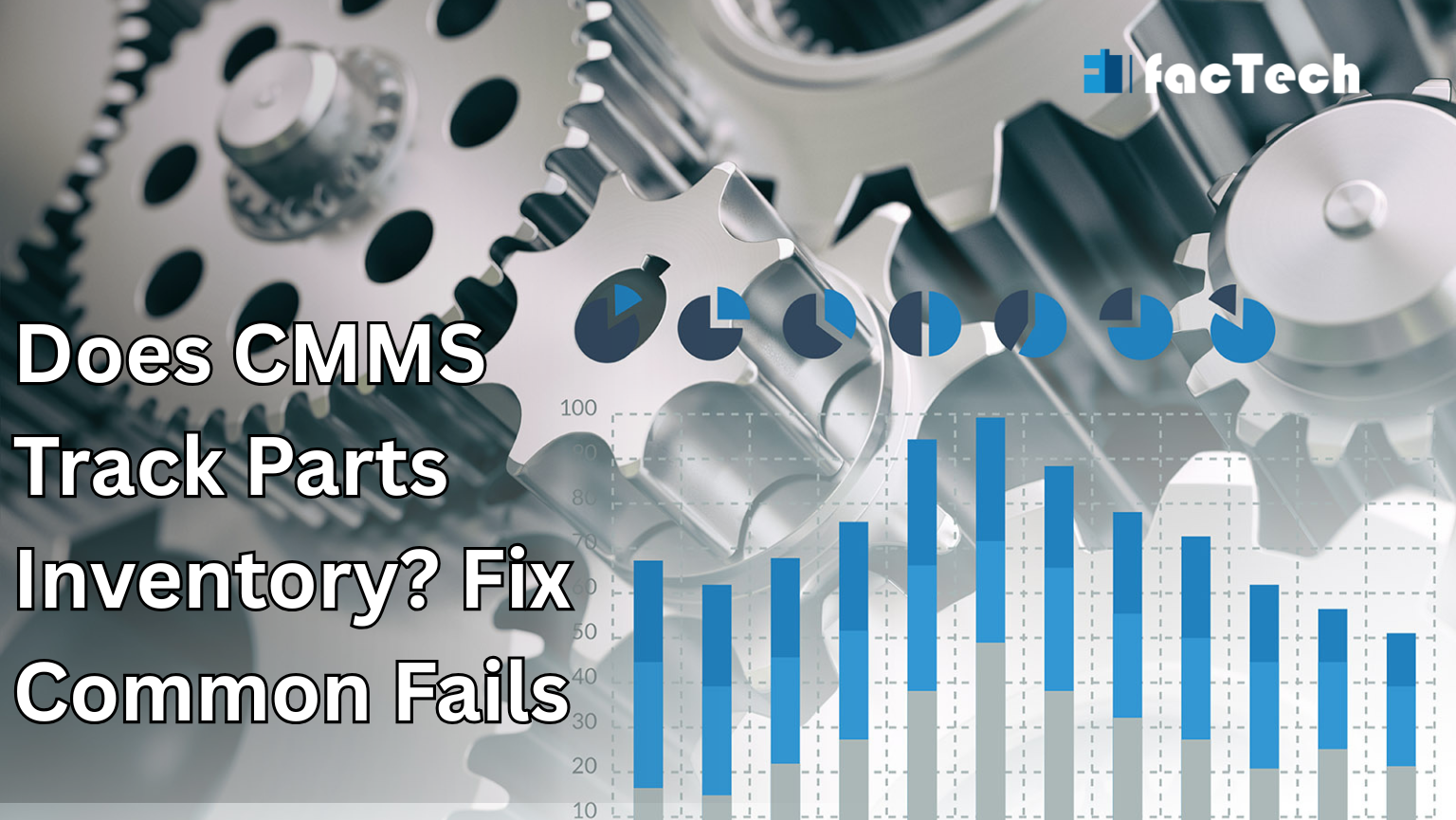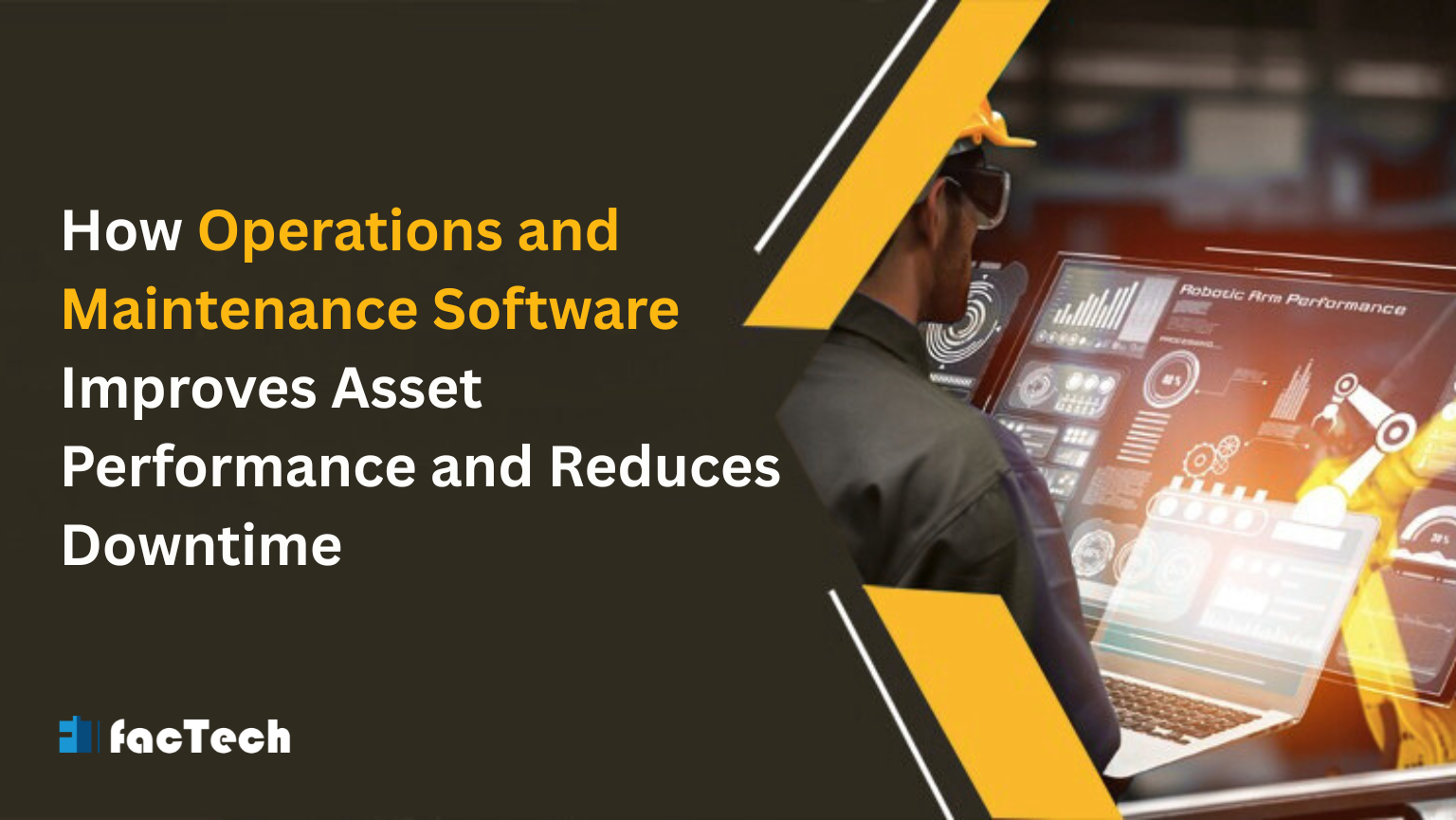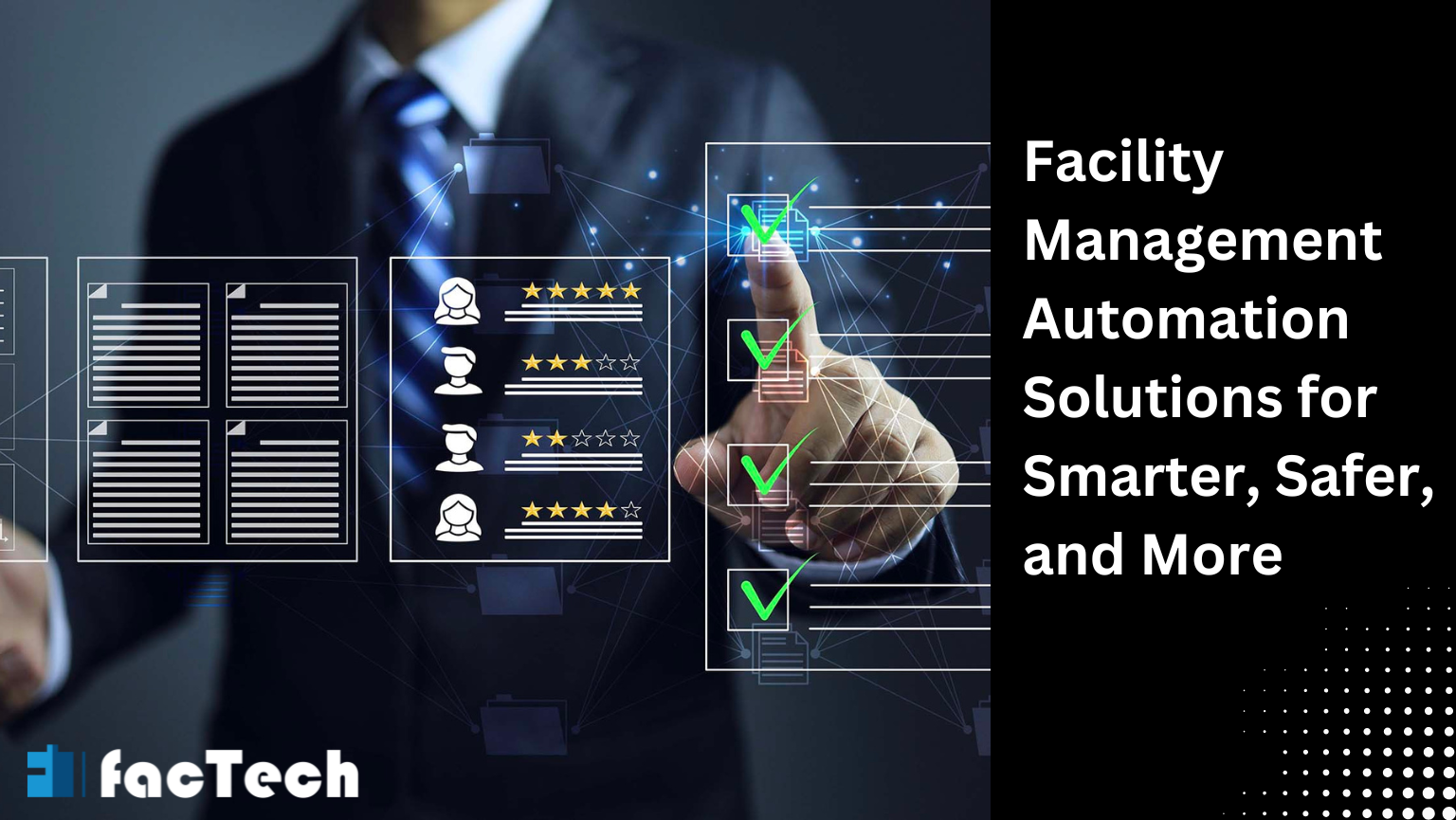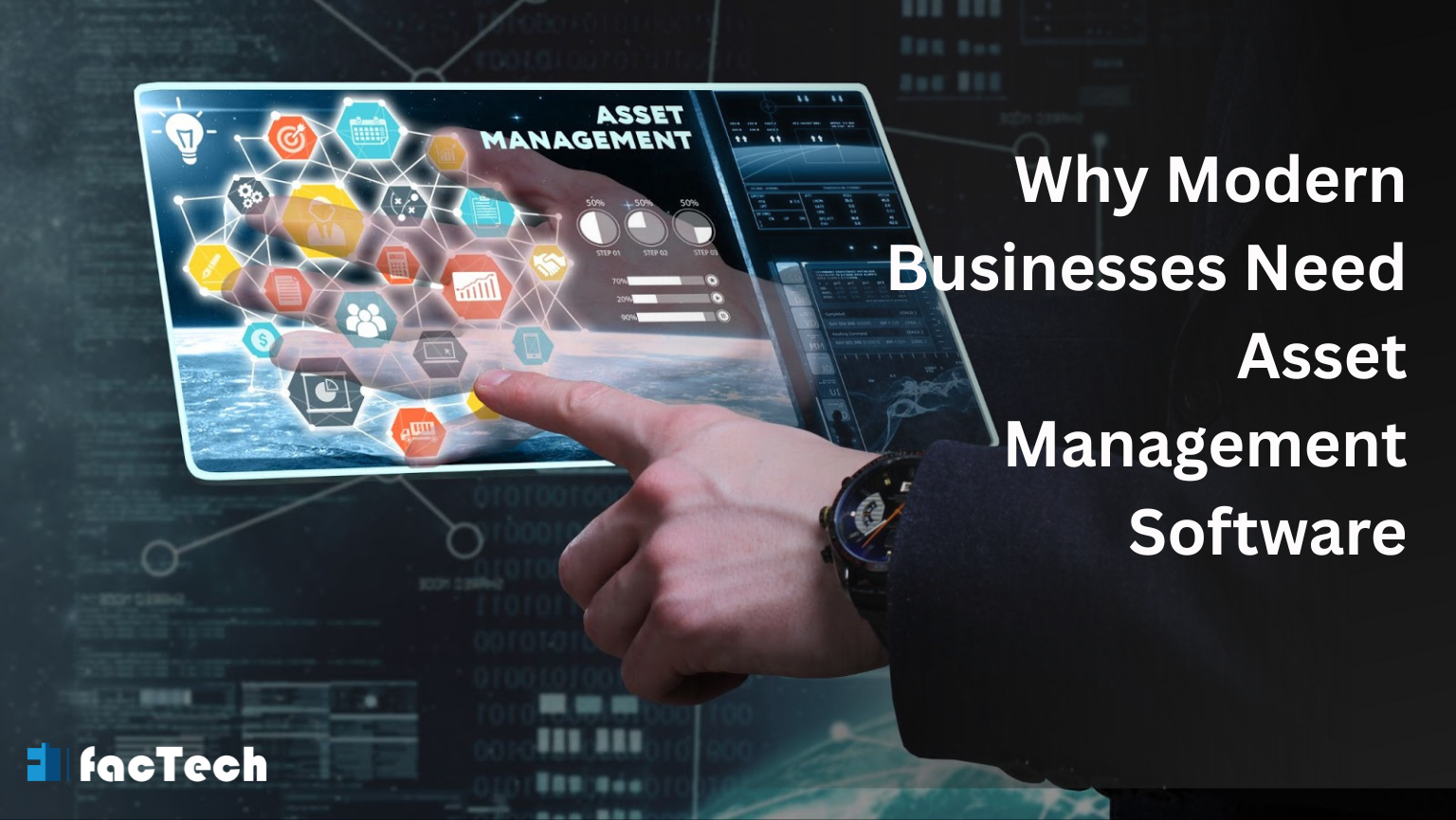How AI and Machine Learning are Revolutionizing Workforce Management
Contents
AI is changing the workplace by changing how companies work and how workers conduct their jobs. Technology is likely to have a big effect on the world economy by changing the way people work and the job market. Companies employ AI at work by using a variety of technologies, such as machine learning and natural language processing, that may imitate human intelligence to solve issues, make choices, and do things that people used to do. AI can look at data, find patterns, learn from its mistakes, and change over time. People commonly utilize technology to make things run more smoothly, boost productivity, automate boring jobs, and help with decision-making. In this blog, we will discover how AI and machine learning are revolutionizing workforce management! Before that, let’s understand workforce management.

Understanding Workforce Management
Workforce management is the combination of policies and instruments that are meant to get the most work done by any group of people. Strong workforce management will always make sure that the right people are doing the right task at the right time, which is good for the company.
The Effects of AI on Workforce Management (WFM)
When you think about how artificial intelligence affects human resource management, it’s more than just robots doing jobs that people used to do. It is transforming how the company, its employees, and technology work together. Here are four ways that it affects:
Change in Culture
Businesses and organizations need to modify their cultures in order to use AI. Employees should see technology as a friend, not a foe, and businesses should make creativity and teamwork a top priority and encourage it.
Changing Nature of Jobs
AI is expected to affect 40% of employment around the world, which illustrates that people need to be learning and improving their skills all the time. Some of the monotonous work will be done by machines, which will create new jobs that will involve overseeing AI, analyzing data, and making strategic judgments.
Filling up the Skill Gaps
When AI takes over a certain field, workers need to learn new skills to stay relevant. Companies need to offer upskilling and reskilling programs if they want to stay relevant in a future where AI is taking over.
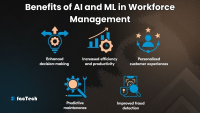
Benefits of AI and ML in Workforce Management
Revenue Growth
AI helps companies make more money and save more money by improving processes, making better decisions, and finding new ways to grow. Businesses may get more done with less money by adding AI technologies to their human workforce. This frees up employees to do more innovative and useful work.
Improved Health and Happiness of Employees
AI helps employees stay healthy by automating boring jobs, boosting productivity, and pushing them to learn new skills and come up with more innovative ways to work.
Using Predictive Analytics to Plan Your Workforce
AI-based predictive analytics tools let businesses guess how many workers they will need, keep an eye on how well they are doing their jobs, and plan for problems that might come up. This type of design saves resources, which is especially helpful for firms that have demand patterns that change quickly.
Also read: Facility Management 3.0- From Reactive to Predictive
Making Managerial Tasks Automatic
AI will also have a considerably bigger effect on automating management jobs that people used to conduct by hand. It is believed that by 2024, machines will be able to undertake 69% of the daily management responsibilities. With automation manager can plan, build teams, and come up with other creative ways to get things done.
A Better Deal than the Competition
AI helps business leaders develop better plans based on data and offers them an edge over their competition.
More Creative
AI helps new ideas come to light by giving people more choices, speeding up the research and development process. By using data like customer feedback and market trends to come up with new methods to manufacture things.
The Future of Work is Smart
AI and ML have revolutionized how businesses manage their employees, from a necessary cost to a way to get ahead of the competition. Using predictive intelligence to plan work, automate intricate staffing, dynamically optimize processes, and put employee wellness first are all ways that businesses are becoming more efficient.
Also read: AI-Driven SLA Monitoring in Work Order Systems
Smart Workforce Management from Factech
Factech’s Workforce Management solution integrates AI and machine learning together to go beyond static scheduling for running a facility. Our platform uses machine learning algorithms to look at real-time operational data. With it you can predicted occupancy, and past asset failure rates. You can figure out how many staff members will be needed in the future. With this information, management can automatically give out work. Dispatch technicians to jobs based on their abilities and location, and adjust schedules ahead of time to cut down on expensive downtime. This ensures that the facility gets the most out of its workers and saves a lot of money on operations.
FAQs
Q: How does AI help a business make more money?
AI helps businesses make and save more money by making procedures better and finding new ways to expand.
Q: What does it mean that AI is “changing the nature of jobs”?
Automated tasks that are boring create new jobs that focus on managing AI, analyzing data, and making strategic decisions.
Q: How does predictive analytics help in planning for the workforce?
It helps businesses figure out how many people they need to hire. Keep an eye on how well their employees are doing. Get ready for difficulties that might come up in the future.
Q: By 2024, what percentage of daily managerial duties do you think machines will be able to do on their own?
People think that machines will be able to do 69% of daily management work by 2024.

